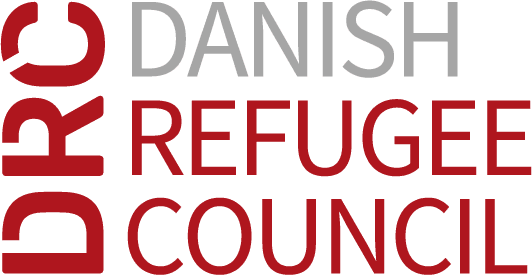

Women-led Diaspora Organizations: catalysts for sustainable humanitarian assistance
28 July 2023
More and more women are migrating worldwide. At the same time, women on the move are increasingly vulnerable to human trafficking, discrimination and abuse. Nevertheless, there are many women who take the lead in their host countries and carry out initiatives to strengthen networks and provide aid to their home communities. In this article, we like to highlight the resilience of migrant women and their ability to drive change through women-led diaspora organizations.
The power and problems for women-led diaspora organizations
Migrant and diaspora women are powerful agents in their heritage and host communities. They take the lead in different ways, such as providing resources to their families left-behind or through the transfer of skills and competencies. Women also play an important role sending remittances for easing the burden of left-behind family members. According to UN Women, women transfer a greater portion of their wages to their countries of origin than men.
Diaspora women play a crucial role bridging cultures, exchanging their experiences and building more inclusive societies.
When women are represented and engaged in leadership bodies it is proved that the decisions tend to be more inclusive and representative, including diverse views and perspectives. For instance, countries with a higher number of women involved in the decision-making processes have lower levels of income inequality.
Decreasing human rights space for women-led diaspora organizations
In many countries, there are women rights-violating policies that have limited women and girls' capacity or freedom of movement and expression, decreasing their scope of action and organization.
Lack of funding and representation
Another main challenge for women-led organizations is the lack of funding they receive to provide humanitarian assistance. Therefore, it is important to invest in women-led organizations, and more particularly in grassroots organizations. Only 1% of gender equality funding gets to grassroots women's organizations, even if it is proofed that they drive gender equality.
Women-led diaspora organizations should be more supported. But not only that. The humanitarian system as such needs to change and become more inclusive. Humanitarian assistance is often dominated by male decisions. Women add a more inclusive view to different areas of intervention, such as WASH or Shelter as they consider the needs of women, elderly and other more marginalized groups.
Women can and do play a critical role in responding to climate change due to their local knowledge and leadership in sustainable resource management and practices at the household and community level (Jebi Rahman, 2022)
Female role-models in the diaspora
While women-led diaspora organizations in their countries of origin focus on direct and pragmatic humanitarian assistance, such as food distribution or education initiatives, women-led migrant associations abroad also play a key role in advocating for women's rights.
Lena Amir Baurak is one of the founders of Nottingham Women's Voices, a women-led diaspora organization working with the Syrian diaspora in the UK. Lena organized many fundraising and awareness-raising events to advocate for social justice, women's rights and promoting community cohesion.
Another female diaspora leader is Kirstie Kwarteng, who was named as one of Ghana’s Top 30 Under 30 by the Future of Ghana in 2016. She is engaged with the Ghanaian diaspora in the UK and founded The Nana Project, a digital platform dedicated to preserving firsthand accounts of Ghana's history. Kirstie promotes that diaspora women have the knowledge and skills to lead the building of strong communities.
The Afghan diaspora, among the largest diaspora communities in Europe, counts many women-led organizations. They also forge their own fora, for instance the Afghan Women Leaders Peace Summit organized by the Afghan Women’s Network (AWN) and the Afghanistan Mechanism for Inclusive Peace (AMIP). The latter works on peacebuilding and one of their main goals is the inclusion of women in the negotiation processes. The Afghan Women's Network brought together 123 women's groups, organizations and NGOs and promoted their participation in the peace talks, supported by diaspora-led campaigns such as "No Peace Without Women’s Rights in Afghanistan".
Photo & Video Credits: The Nana Project, DRC Jamil Ghafuri, unplash.com







